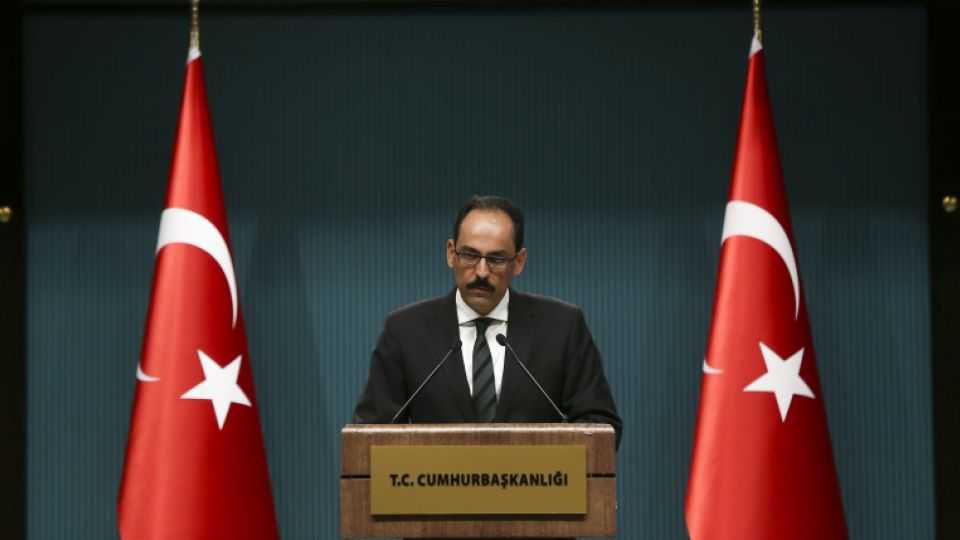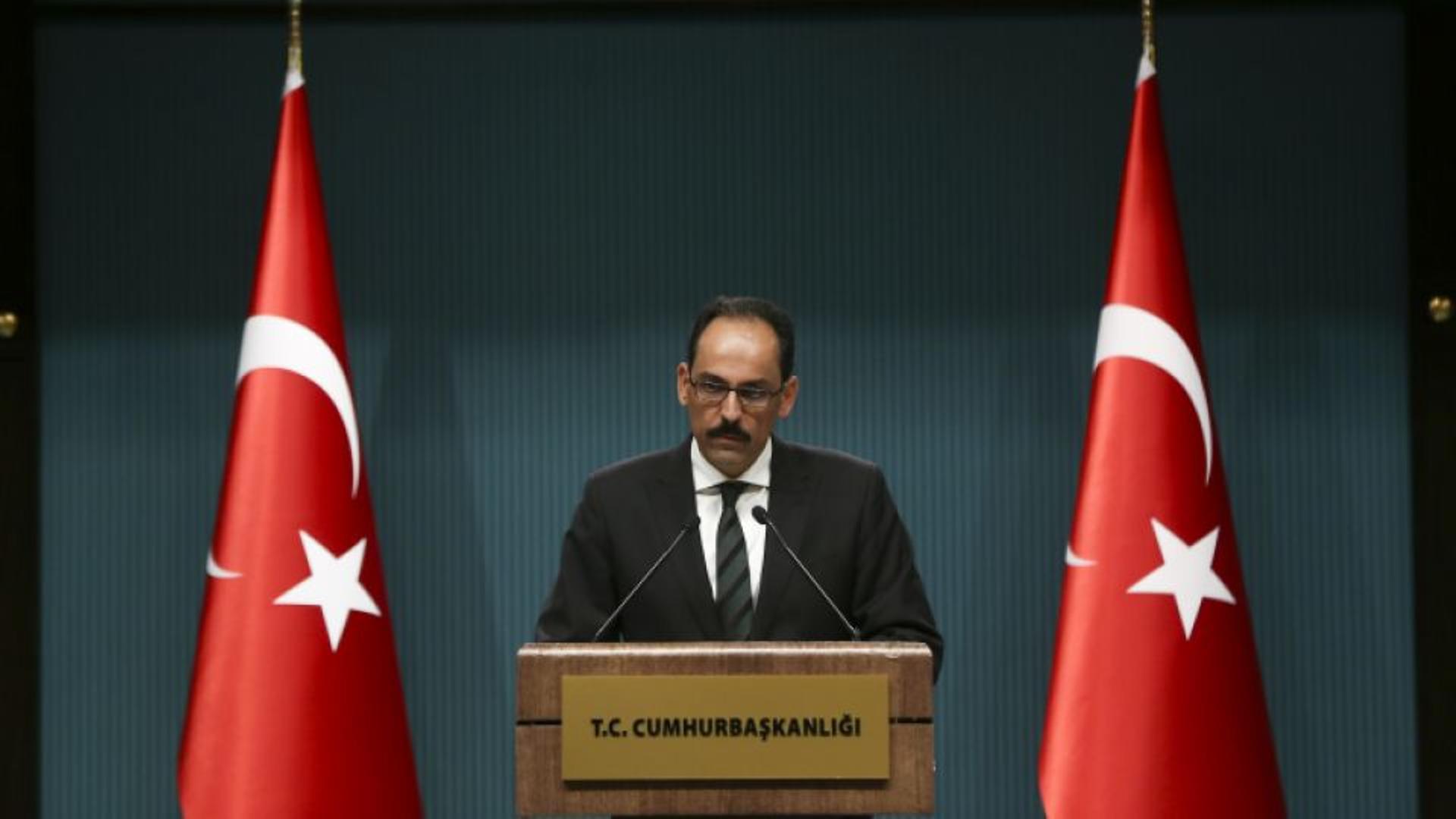
A spokesman for the Turkish presidency said on Monday that Turkey condemns BBC television for interviewing one of the senior leaders of KCK, PKK’s umbrella organisation.
Speaking at a news conference held in Ankara, spokesman Ibrahim Kalin described BBC’s interview as an “indirect support to terrorism which has nothing to do with journalism.”
“Assume that a news agency funded by people’s taxes makes an interview with the members of al Qaeda, the group that carried out the London terror attacks in United Kingdom,” Kalin said.
“What does the UK do in response to this agency’s efforts to disculpate terrorism, to show that this organisation is a reasonable and legitimate organisation?” he asked.
“The situation that we are facing is similar to this.”
Britain’s public-service broadcaster BBC published an interview with Cemil Bayik on Monday in which it promotes the PKK terrorist group who it says fights for freedom.
Turkey, the United States, and European Union recognises the group as a terrorist organisation.
Turkey criticises some of the European and Western countries for directly or indirectly supporting the terror group.
In his interview with the BBC, top terror leader Bayik -the top wanted man in Turkey- said the group is in direct communication with the United States “in the fight against DAESH terrorists.”
Ibrahim Kalin said such allegations were denied in the past and for the latest incident Turkey would expect an official statement made by the US.
He also said the statement by Bayik showed that the PKK desires direct or indirect relations with states around the world.
It began launching terror attacks in Turkey in 1984. Armed clashes and acts of violence have continued on and off for more than 30 years and claimed more than 40,000 lives.
At the beginning of 2013, the governing Justice and Development Party (AK Party) announced a peace initiative called the “Resolution Process” and the PKK seemed responsive under the instructions of its imprisoned leader Abdullah Ocalan.
After the March 2013 Nawruz celebrations and Ocalan’s call to withdraw its armed units from the Turkish territory, the group declared that it will follow the call and pull out. However, it is widely reported and also accepted by the PKK itself that the group has not withdrawn from Turkey completely.
Last July, the group’s umbrella organisation, the KCK, unilaterally ended a two and half year-long ceasefire, threatening the country with further attacks.
Since then, more than 400 people have died in terror attacks carried out by the PKK while Turkish security forces have killed at least 5,359 PKK terrorists across the country.










Discussion about this post